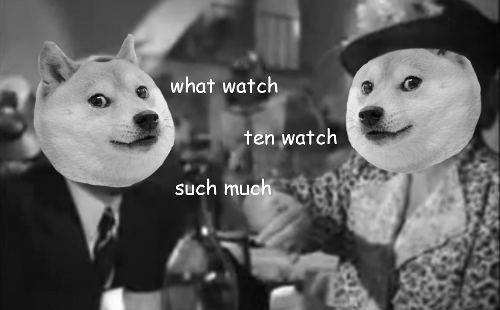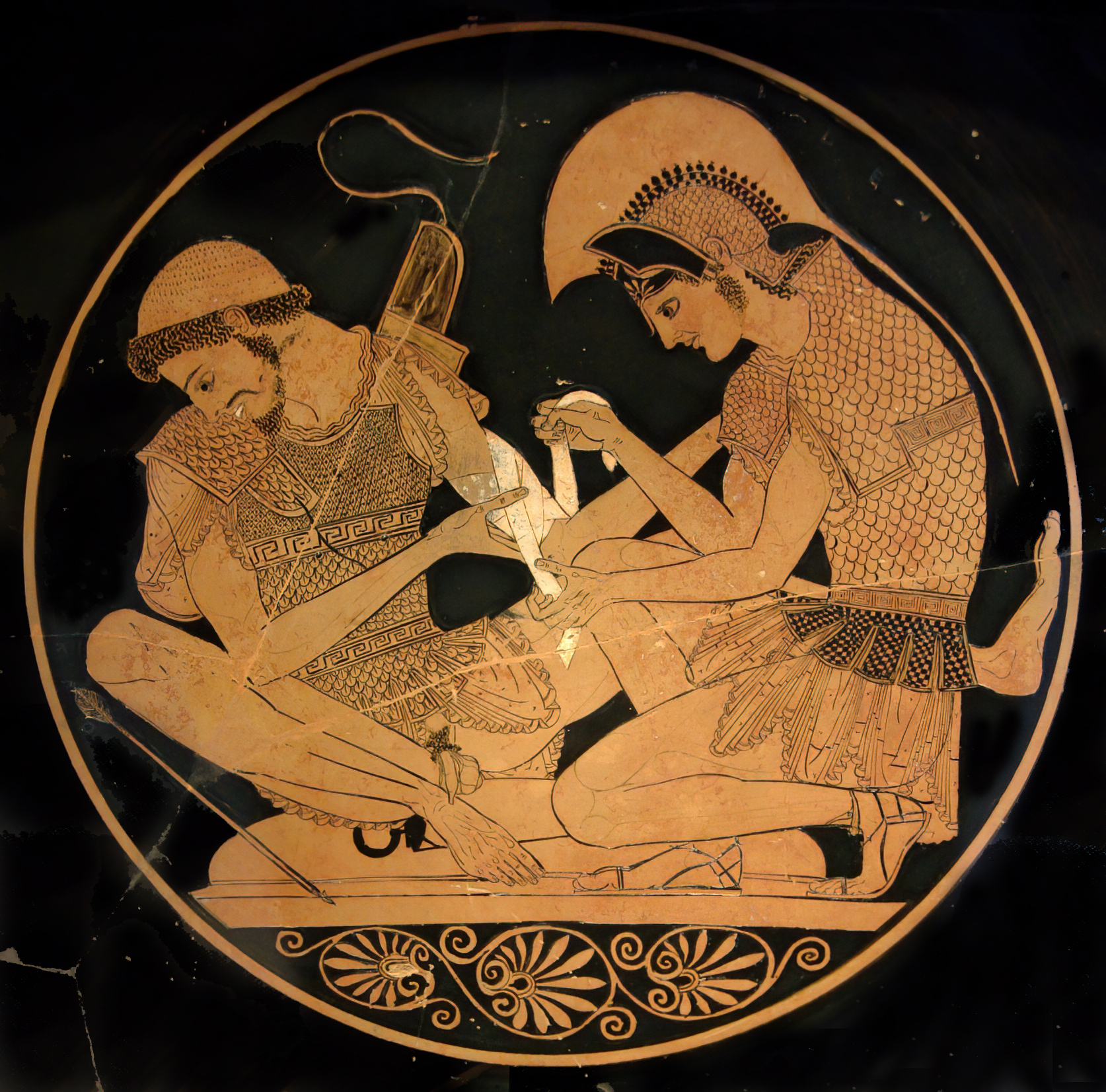
I discovered Babel: Or the Necessity of Violence: An Arcane History of the Oxford Translators' Revolution, by R.F. Kuang, because of an episode of Lingthusiasm, the linguistics podcast co-hosted by Gretchen McCulloch and Lauren Gawne. They've had a couple of episodes where they talk about linguistics in fiction, often wandering into fantasy and science fiction because, yeah, those genres have a vast scope to play around with when it comes to thinking about language. Anyway, in this episode they described this system, and I almost immediately went looking for the book.
It's set in an alternate 1830s England. The magic is based on translation, etymology, semantics and possibly also semiotics, unless I really don't get what semiotics is (a strong possibility). How it works is deceptively simple and concrete for a magic system. It's done using bars of silver. On one side of the bar, you write a word or phrase in one language. On the other, you write a translation of that word or phrase in a different language. Sometimes the words are cognates or calques or loanwords, sometimes they're translations of the same meaning but not related to each other historically. The silver catches what is lost in translation and amplifies it. You can't be sure what the effect of any pair will be, but once you've discovered a pair that creates a useful effect, it can be applied over and over.
The first example you encounter in the story is a bar with the pair "triacle" and "treacle." "Treacle" in English means molasses. "Triacle" comes out of French but, well, ahem:
From Middle English triacle, partly from Old French triacle, and partly from Old English tiriaca, both from Late Latin *triaca, *tiriaca, late form of theriaca, ultimately from Ancient Greek θηριακή (thēriakḗ, “antidote”), feminine form of θηριακός (thēriakós, “concerning venomous beasts”), from θήρ (thḗr, “beast”). Compare theriac, theriacle.
"Triacle" is an antidote, made sweet to make it easier to take. "Treacle" is just the sugar. The silver bar catches the difference in meaning, the idea of "antidote" that has been stripped from the English "treacle," amplifies that. . . and cures the main character of cholera.
The other catch is that you can only make the effect happen by speaking the two words out loud, and you have to speak both languages fluently, so fluently that you understand the resonances of the differences in meaning. You probably have to understand both languages better than most speakers of either. If you're the sort of person that believes the "port out, starboard home" etymology, you probably can't make the bars work. And if you can make an English-Hindi pair work, that doesn't mean you can make a Hindi-Tagalog bar work.
And the greater the difference in the languages, the less history the languages have in common - the more difficult they are to translate - the more powerful the reaction.
The silver bars, in this alternate world, have taken the place of the Industrial Revolution in ours. Which means that the British Empire functions based on "silverworking." And it means that as the empire expands, its hunger for increasingly foreign languages and cultures grows - especially since as British hegemony spreads, other cultures become less distinct. The differences between them erode away. So the magic system is also intertwined with the plot, as the main characters, brought from outside cultures - China, India, Haiti - are brought to Oxford to study languages and make the magical silver bars that power the empire that is slowly taking over their motherlands. And as they slowly realize that England is taking all of their cultural diversity for itself, to make its trains run more smoothly, its gaslights burn more reliably, and its dinner parties more lavish. And that the more people they have that speak, say, Mandarin, the more useful Mandarin is, while there's no point to researching English/Yolngu Matha match-pairs, because how many people will ever speak both languages?
So the magic system also implies a slow erosion of the lesser-spoken languages because they are not "useable" to the empire, even as that means it's giving up the power of the vast diversity of those languages. Urdu is something the empire can reasonably use. Kanienʼkéha isn't.
The anticolonial message is a little heavyhanded but in order to get to the - let's face it, the subtitle is "the necessity of violence" - tragic and violent ending, it sort of has to be. The characters are driven by the kinds of social theories that have driven revolutionaries to strikes and barricades and incarceration and execution forever. But they're also driven by a shared love of digging through textbooks looking for the laws of speaking and meaning, they rebel while also thinking about what it really means to understand another person and whether it's possible. The implications of language and translation are less didactic in this book, and lingered in my mind longer, than the obvious "white supremacy and imperialism is a bad thing" theme.
I think what I really loved about this magic system was how constrained it was, the way it was rooted in something I've never seen used as a source of power before - capturing waste meaning like waste energy in a reactor - and the way the mechanics of its functioning mirrored and served the ideological proposition of the story. I don't think I've seen anything like it before.










